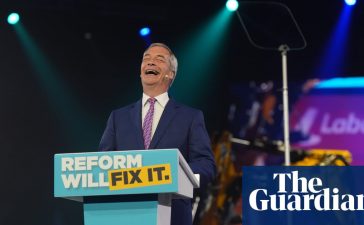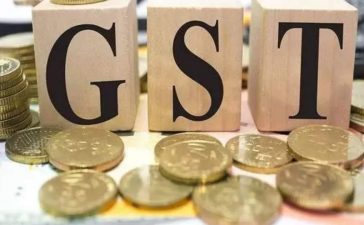Ministers are under pressure to announce plans for a social tariff to help Britons struggling with their energy bills over the long term, after the government performed a U-turn on a planned cut to support for households.
On the morning of the chancellor Jeremy Hunt’s budget speech, the government confirmed the energy price guarantee would continue at its current rate, which limits a typical annual household bill to £2,500. It is being extended from April, when it was due to expire, for a further three months until the end of June.
The wholesale cost of energy is forecast to fall significantly over the summer, according to forecasters, meaning the extra government help is unlikely to be needed from July.
Hunt’s U-turn was welcomed by campaigners and the energy industry but Nigel Pocklington, the chief executive of the supplier Good Energy, argued it should have been announced sooner. “The delay has caused unnecessary stress and anxiety for hard-pressed households who are trying to plan ahead during these difficult times,” he said.
The chancellor’s move will relieve some pressure on households already struggling with the cost of living. However, the one-off support of £400 that has been available over the winter in monthly instalments, is still due to end on 1 April.
On Wednesday, the consumer campaigner Martin Lewis thanked Hunt but said more was needed. “In practical terms people are still going to pay more than they have been, but at least some of the planned rise has been forestalled.”
Campaigners including Age UK and the debt charity StepChange have joined forces with energy suppliers to call on ministers to devise a social tariff. Caroline Abrahams, charity director at Age UK, said: “We are convinced that the right approach is a properly funded energy social tariff and we are disappointed that there was no announcement formally committing the government to this today.” a
The E.ON chief executive, Michael Lewis, called for a social tariff involving a rebate, as advocated by Citizens Advice last week, to be implemented by next spring.
On Tuesday, Chris O’Shea, the chief executive of the British Gas owner, Centrica, said he had changed his mind and now supported a social tariff, funded by general taxation rather than a surcharge on other consumers’ bills.
after newsletter promotion
The government said state subsidies on energy bills had “cut the typical family energy bill by over £1,300 since October” and that maintaining the support at its current level was worth £160 in total for an average household.
The prime minister, Rishi Sunak, said: “We know people are worried about their bills rising in April, so to give people some peace of mind, we’re keeping the energy price guarantee at its current level until the summer, when gas prices are expected to fall”
The U-turn by Hunt is expected to cost about £3bn, bringing the government bill for the energy price guarantee to an estimated £29.4bn.











